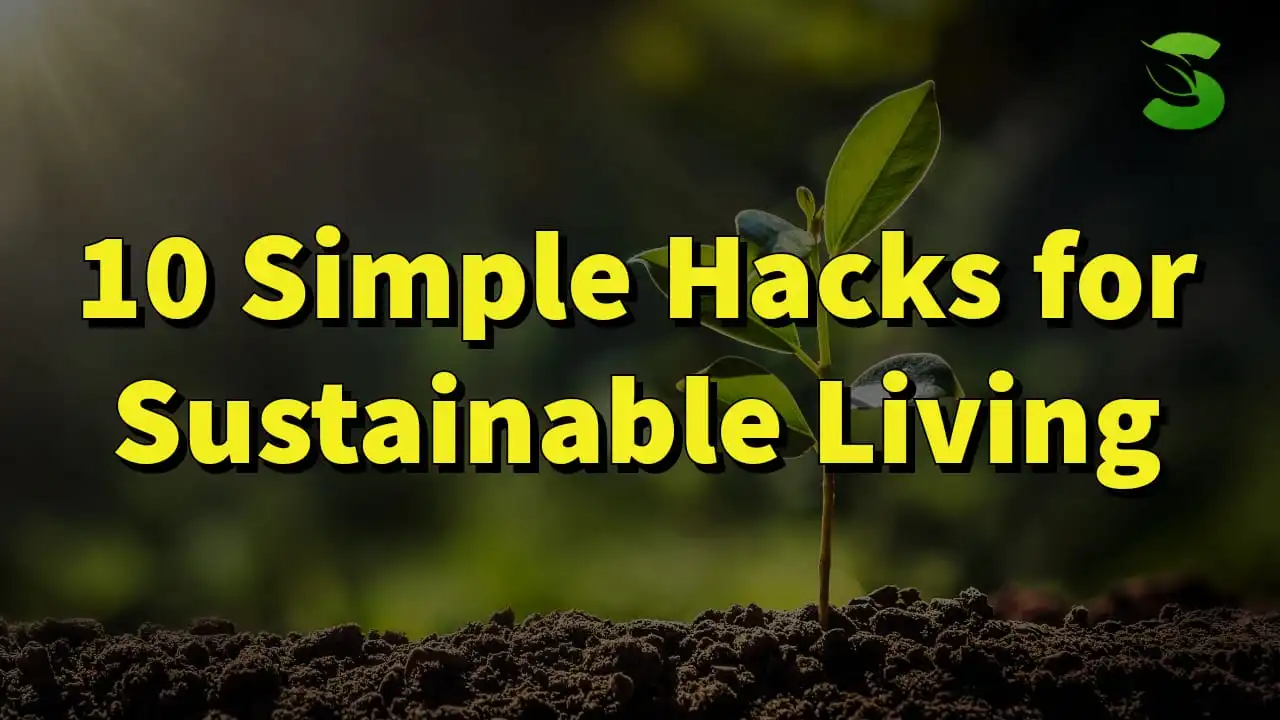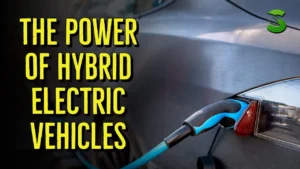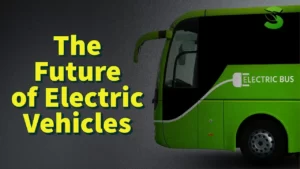Living sustainably is not just a trend; it’s a responsible way of life. In this article, we’ll explore “10 Simple Hacks for Sustainable Living” that can make a real difference in your eco-friendly journey. These practical tips will help you reduce your environmental footprint while saving money and living a healthier life. Let’s dive in!
1. Sustainable Eating
Eating sustainably isn’t just good for the planet; it’s also good for your health. Embrace the following practices:
- Buy Local and Seasonal: Support local farmers and reduce carbon emissions from long-haul transportation.
- Reduce Meat Consumption: Opt for plant-based meals to reduce your carbon footprint.
- Waste Less Food: Plan your meals, store food properly, and compost kitchen scraps.
2. Energy Efficiency
Cutting down on energy consumption is a key aspect of sustainable living. Try these energy-saving hacks:
- Switch to LED Lights: They are energy-efficient and last longer.
- Unplug Unused Appliances: Even when turned off, they consume energy in standby mode.
- Seal Gaps and Insulate: Improve your home’s insulation to reduce heating and cooling costs.
3. Eco-Friendly Transportation
Reducing your carbon footprint on the road is essential. Here’s how:
- Carpool and Use Public Transport: Share rides and opt for buses or trains.
- Bike or Walk: For short trips, choose eco-friendly alternatives.
- Consider Electric Vehicles: They are both energy-efficient and environmentally friendly.
4. Reduce, Reuse, Recycle
Following the three R’s is fundamental for sustainable living:
- Reduce Consumption: Buy only what you need and avoid single-use items.
- Reuse and Upcycle: Get creative with repurposing items to extend their lifespan.
- Recycle Properly: Sort and recycle materials correctly to minimize waste.
5. Water Conservation
Water is a precious resource. Make these changes to save water:
- Fix Leaks: Repair dripping faucets and running toilets promptly.
- Collect Rainwater: Use it for gardening and outdoor cleaning.
- Install Low-Flow Fixtures: Reduce water usage in your home.
6. Sustainable Gardening
A sustainable garden benefits both you and the environment:
- Plant Native Species: They require less maintenance and provide essential habitats.
- Companion Planting: Enhance growth and repel pests naturally.
- Chemical-Free Gardening: Avoid harmful pesticides and opt for organic solutions.
7. Green Shopping
Make informed choices when shopping for everyday products:
- Buy in Bulk: Reduce packaging waste by purchasing items in larger quantities.
- Choose Sustainable Brands: Support companies committed to eco-friendly practices.
- Bring Your Own Bags and Containers: Minimize single-use plastics.
8. Energy-Conserving Appliances
Upgrade to energy-efficient appliances for long-term savings:
- Energy Star Ratings: Look for the Energy Star label when purchasing appliances.
- Smart Thermostats: Control your home’s temperature remotely and save on energy.
- Solar Panels: Consider solar power for a renewable energy source.
9. Minimalist Living
Embracing minimalism can simplify your life and reduce waste:
- Declutter Regularly: Keep only what you truly need and donate or recycle the rest.
- Quality over Quantity: Invest in durable, long-lasting items instead of disposable ones.
- Digital Minimalism: Reduce screen time, declutter your digital life, and save energy.
10. Community Engagement
Get involved with your local community for a collective impact:
- Join Environmental Groups: Support or volunteer with organizations dedicated to sustainability.
- Educate Others: Share your knowledge and inspire others to adopt sustainable practices.
- Participate in Clean-Up Events: Help keep your community clean and beautiful.
FAQs
Q: How can I start living sustainably?
A: Begin by making small changes in your daily life, such as reducing waste, conserving energy, and choosing eco-friendly products.
Q: Can sustainable living save me money?
A: Yes, sustainable living can lead to cost savings through reduced energy bills, less food waste, and smart shopping choices.
Q: Is it difficult to grow a sustainable garden?
A: Not at all! Sustainable gardening is accessible to everyone, and it’s a rewarding way to connect with nature.
Q: What is the most significant benefit of sustainable living?
A: The most significant benefit is reducing your environmental impact, contributing to a healthier planet for future generations.
Q: Are electric vehicles a practical choice for sustainable transportation?
A: Electric vehicles are becoming more practical with each passing year, offering cost savings and environmental benefits.
Q: How can I inspire others to embrace sustainable living?
A: Lead by example, share your experiences, and educate friends and family about the positive impact of sustainable living.
Conclusion
Living sustainably is not only essential for the health of our planet but also for our own well-being. By following these “10 Simple Hacks for Sustainable Living,” you can make a meaningful difference in your ecological footprint. Start small, and each eco-friendly choice you make will have a positive impact. Join the global movement toward a more sustainable and responsible future.
ALSO READ |Recycling Solar Batteries for a Sustainable Future







